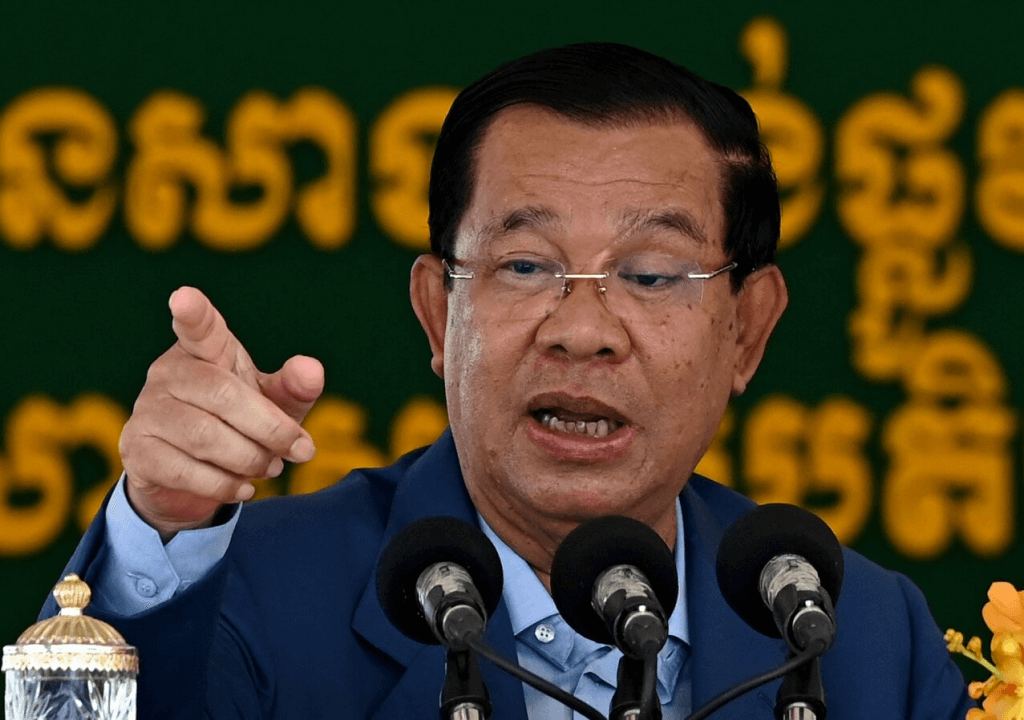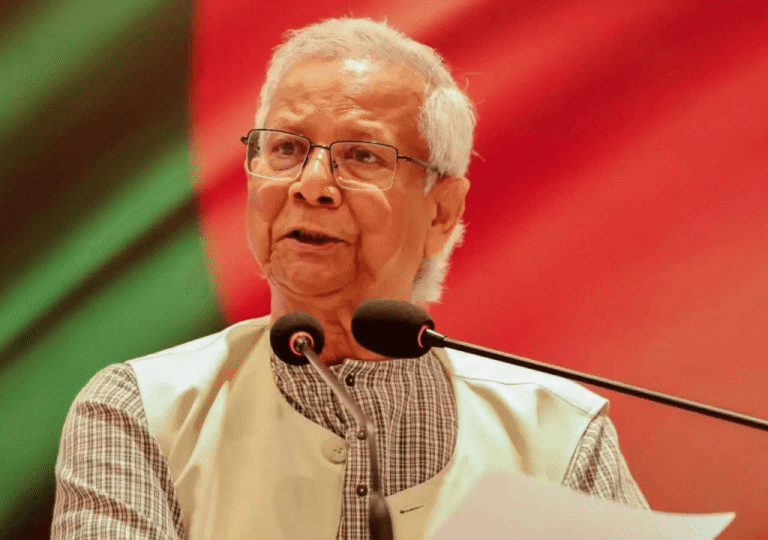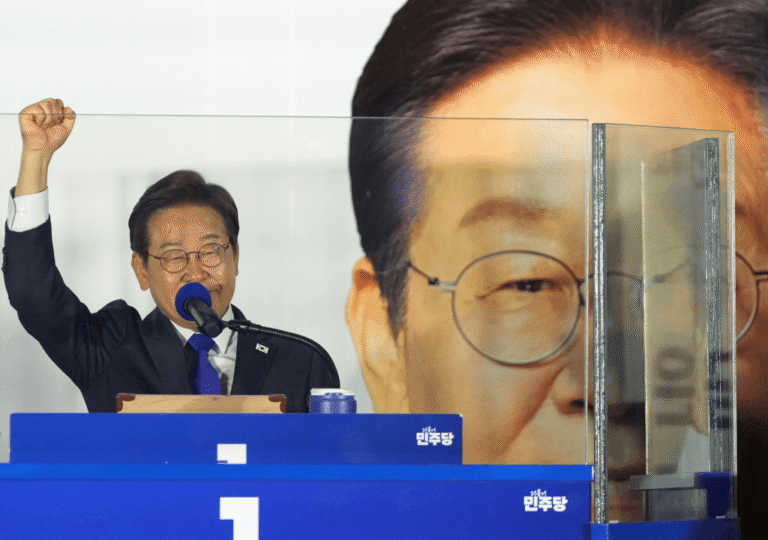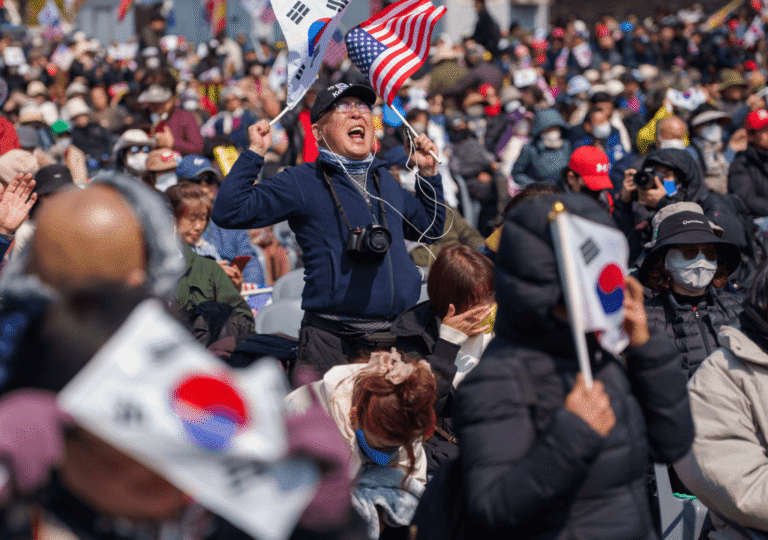The impending Senate election in Cambodia appears to be a mere formality, with the ruling Cambodian People’s Party (CPP) poised to secure the majority of seats. The anticipation is that former Prime Minister Hun Sen, who ceded power to his son last year after a nearly four-decade-long tenure, will seek a Senate seat and subsequently assume the presidency of the body. Hun Sen has declared his candidacy in Kandal province, where he has held a National Assembly seat since 1993, signaling a potential change in leadership as the current president, Say Chhum, prepares for retirement.
The political landscape of Cambodia operates within the confines of a constitutional monarchy, where the king assumes the role of the head of state, and the prime minister serves as the head of government. Legislative power resides in a bicameral legislature consisting of the National Assembly, responsible for voting on draft laws, and the Senate, which holds the power of review. After approval by both chambers, draft laws are presented to the monarch for signing and promulgation.
The current constitution, which was enacted in 1993 in the wake of the 1991 Paris Peace Agreements and the elections that followed, which were aided by the United Nations Transitional Authority in Cambodia, defines Cambodia as a “independent, sovereign, peaceful, permanently neutral, and non-aligned country.” Concerns were raised by the lack of foreign observers during the national election in 2023 and the communal election in 2022. This helped to create the impression that the administration was dictatorial and had stifled opposing voices by dissolving political parties.
In the July 2023 elections, the ruling Cambodian People’s Party (CPP) secured a decisive victory in a flawed election, marked by the disqualification of a significant opposition force, the Candlelight Party. On August 22, 2023, Hun Manet, son of Hun Sen, assumed the role of the new Cambodian prime minister. This scenario, though labeled as ‘democracy’ by Southeast Asian politicians, underscores the challenges and complexities within the political landscape.
Upcoming election on February 25th is for the Senate. The legislative upper chamber in Cambodia goes by the name of the Senate, with a total of sixty-one members. Among them, two are designated by the king, an additional two are chosen by the lower house of the government, while the remaining fifty-seven undergo popular elections by electors from provincial and local governments—a system reminiscent of the Senate in France. Members of this chamber serve terms lasting six years.
Cambodia’s Senate elections unfold within notably constrained parameters, even within the local context. The electorate is limited to National Assembly lawmakers and members of the 1,652 commune councils, a mere 11,747 individuals. Consequently, the election outcomes merely reflect the dominance of the CPP in these bodies. Of the 62 Senate positions, 58 are determined by these groups, with the King appointing two senators and the National Assembly electing two more. In the previous national election, the CPP secured an overwhelming victory, claiming 120 out of 125 seats in the National Assembly. The commune council elections in 2022 further solidified their control, capturing 74.3 percent of the vote, securing 1,648 out of 1,652 commune chief positions, and 9,376 out of 11,622 available commune council seats. While the Candlelight Party managed to win 2,198 commune council positions, its impact on the Senate election remains limited. The anticipated appointment of Hun Sen as Senate president on Sunday is widely perceived as a predetermined result.
The role of the Senate president is largely ceremonial, stemming from power-sharing negotiations after the 1998 election. Created not out of legislative necessity, but as a means to establish a new power base for the late president of the CPP, Chea Sim, after he relinquished his position as National Assembly president. While the Senate theoretically holds the power to review and propose changes to laws passed by the National Assembly, it has seldom exercised this function, often simply approving legislation from the lower chamber. So, The Senate presidency will just add to the array of honorary positions held by the 71-year-old Hun Sen in the twilight of his career. These include the presidency of the CPP and the presidency of the Supreme Privy Council to the King, a position deemed to have “equal rank” to that of the prime minister
Despite the largely ceremonial nature of the Senate presidency, it holds one significant power – the authority to act as the interim head of state when the King is absent. While the likelihood of any potential challenger utilizing this role to undermine Prime Minister Hun Manet, who assumed office in August, is low, Hun Sen’s occupancy of the Senate presidency serves as a precautionary measure. Although last year’s power transition to Manet unfolded smoothly, the prospect of internal challenges within the existing power structure always looms. By assuming this position, Hun Sen strategically fortifies his son’s position and preempts any potential threats to his control over the legislature. This week, Hun Sen’s youngest son, Hun Many, was appointed as a deputy prime minister, solidifying the family’s presence in key positions across the administration and ensuring their continued influence over Cambodia well beyond Hun Sen’s lifetime.
As the Senate Election campaign concludes, participating political parties now pivot their attention towards the imminent election and the ensuing vote counting slated for this weekend on Sunday. Hang Puthea, the spokesperson for the National Election Committee, has reassured the public of the seamless progression of the campaign unfolding between February 10 and 23. Registered political parties actively engaged in campaigning, nominated candidates, and, despite the overarching uncertainties regarding governmental responsibilities, the process has been characterized as running smoothly. This has provided eligible parties with ample opportunities to actively participate and present their cases to the electorate.
Yet, the entire democracy in Cambodia can be viewed as comedy. Countries like Cambodia have turned the democratic process into a farcical performance, and the upcoming Senate election appears to be just another episode in this narrative. The dynastic grip on power ensures that the nation remains a mere pawn in the hands of a ruling family, sharing the stage with the royals, making a mockery of the democratic principles at play.








